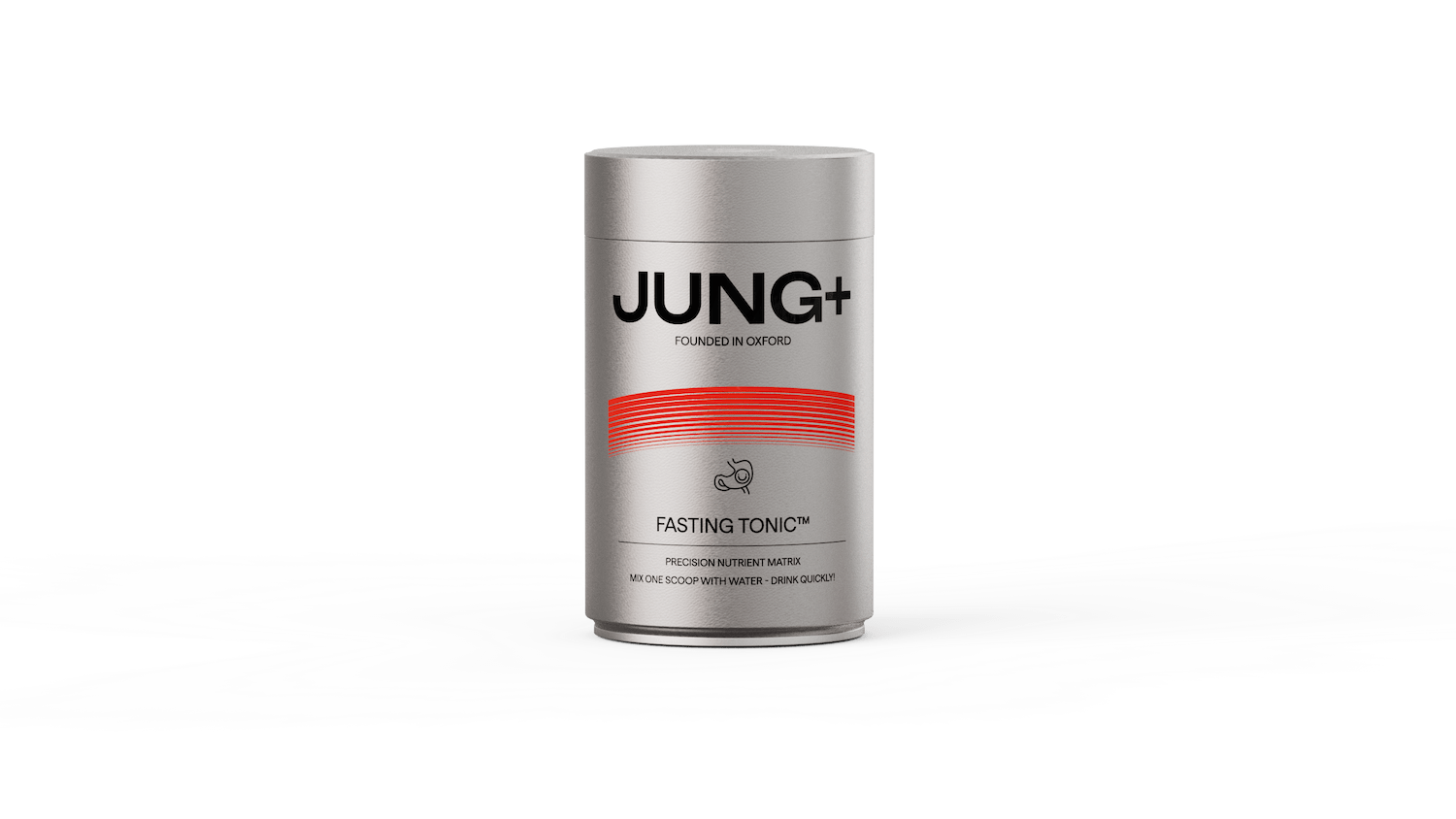"HMB supplementation supports muscle health, which is a key factor in maintaining independence and reducing mortality risk in the elderly population."
Dr. Shalender Bhasin, Professor of Medicine, Harvard Medical School

FREE SHIPPING ON ALL SUBSCRIPTIONS!
FREE SHIPPING ON ALL SUBSCRIPTIONS!
FREE SHIPPING ON ALL SUBSCRIPTIONS!
FREE SHIPPING ON ALL SUBSCRIPTIONS!
FREE SHIPPING ON ALL SUBSCRIPTIONS!
FREE SHIPPING ON ALL SUBSCRIPTIONS!
FREE SHIPPING ON ALL SUBSCRIPTIONS!
FREE SHIPPING ON ALL SUBSCRIPTIONS!
FREE SHIPPING ON ALL SUBSCRIPTIONS!
FREE SHIPPING ON ALL SUBSCRIPTIONS!
FREE SHIPPING ON ALL SUBSCRIPTIONS!
FREE SHIPPING ON ALL SUBSCRIPTIONS!
FREE SHIPPING ON ALL SUBSCRIPTIONS!
FREE SHIPPING ON ALL SUBSCRIPTIONS!
FREE SHIPPING ON ALL SUBSCRIPTIONS!
FREE SHIPPING ON ALL SUBSCRIPTIONS!
FREE SHIPPING ON ALL SUBSCRIPTIONS!
FREE SHIPPING ON ALL SUBSCRIPTIONS!
FREE SHIPPING ON ALL SUBSCRIPTIONS!
FREE SHIPPING ON ALL SUBSCRIPTIONS!
FREE SHIPPING ON ALL SUBSCRIPTIONS!
FREE SHIPPING ON ALL SUBSCRIPTIONS!
FREE SHIPPING ON ALL SUBSCRIPTIONS!
FREE SHIPPING ON ALL SUBSCRIPTIONS!
FREE SHIPPING ON ALL SUBSCRIPTIONS!
FREE SHIPPING ON ALL SUBSCRIPTIONS!
FREE SHIPPING ON ALL SUBSCRIPTIONS!
FREE SHIPPING ON ALL SUBSCRIPTIONS!
FREE SHIPPING ON ALL SUBSCRIPTIONS!
FREE SHIPPING ON ALL SUBSCRIPTIONS!
"HMB supplementation supports muscle health, which is a key factor in maintaining independence and reducing mortality risk in the elderly population."
Dr. Shalender Bhasin, Professor of Medicine, Harvard Medical School
Introduction
Calcium β-hydroxy-β-methylbutyrate (Ca-HMB) has gained attention in the health and wellness world for its role in muscle preservation, exercise recovery, and potential longevity benefits. Derived from leucine, an essential amino acid known for its muscle-building properties, Ca-HMB is widely used as a supplement to support muscle health, strength, and recovery. In recent years, emerging research has illuminated its broader health and longevity benefits, suggesting that Ca-HMB may play a vital role in improving healthspan — the period of life spent in good health.
In this article, we’ll explore the scientific evidence on Ca-HMB’s impact on longevity, health, and quality of life, covering its mechanisms, benefits, and supporting studies.
Ca-HMB is a naturally occurring compound derived from the breakdown of leucine, which is a key amino acid for protein synthesis and muscle growth. Approximately 5% of dietary leucine is metabolized into HMB, but this amount is often too low to yield therapeutic effects, hence the need for supplementation. HMB is commonly available in the form of Ca-HMB, where calcium is added to improve the bioavailability and stability of the compound. Ca-HMB’s ability to promote muscle synthesis while reducing protein breakdown has made it a popular choice among athletes, older adults, and individuals recovering from illness or injury.
Ca-HMB’s impact on health and longevity is largely attributed to its effects on muscle protein metabolism, anti-inflammatory properties, and influence on cellular pathways related to aging. The primary mechanisms include:
Muscle Preservation and Growth
One of the most well-documented benefits of Ca-HMB is its ability to support muscle health. Numerous studies have shown that Ca-HMB can stimulate muscle growth, particularly in older adults, individuals new to resistance training, or those experiencing muscle wasting.
Improved Exercise Performance and Recovery
For athletes and active individuals, Ca-HMB offers benefits beyond muscle preservation, including enhanced endurance and faster recovery.
Support for Bone Health
Emerging research suggests that Ca-HMB may support bone health, making it a valuable supplement for older adults or those at risk for osteoporosis.
Bone Density: While not as extensively studied as its muscle benefits, Ca-HMB has been associated with improved bone density in some trials. Ca-HMB may promote bone health by reducing bone resorption and enhancing bone mineral content, contributing to stronger, more resilient bones. This makes it a promising supplement for individuals at risk of fractures or bone density loss.
Maintaining muscle mass and function is increasingly recognized as critical to longevity. As individuals age, muscle loss becomes a major factor contributing to frailty, decreased quality of life, and higher mortality. By preserving muscle mass and supporting metabolic health, Ca-HMB contributes to a longer and healthier lifespan.
1. Reduced Risk of Sarcopenia and Frailty
Sarcopenia, or age-related muscle loss, is associated with various health risks, including falls, fractures, and loss of independence. Ca-HMB supplementation has been shown to mitigate sarcopenia, preserving muscle mass and function in older adults.
Frailty Prevention: In a study on older adults with limited mobility, those who supplemented with Ca-HMB maintained muscle strength and physical function better than those who did not. By supporting muscle health, Ca-HMB plays a preventive role against frailty, a major risk factor for decreased longevity.
2. Improved Metabolic Health
Muscle tissue is a major site of glucose metabolism, and maintaining muscle mass is essential for preventing insulin resistance and type 2 diabetes, both of which are linked to shortened lifespan.
Insulin Sensitivity: Ca-HMB may improve insulin sensitivity, supporting glucose metabolism and reducing the risk of metabolic disorders. Improved metabolic health is a critical factor in longevity, as it decreases the risk of age-related diseases.
3. Reduced Inflammation and Cellular Protection
Chronic inflammation and oxidative stress are known contributors to aging and age-related diseases. Ca-HMB’s anti-inflammatory effects offer potential protection against these conditions.
The evidence supporting Calcium β-hydroxy-β-methylbutyrate (Ca-HMB) as a beneficial supplement for both health and longevity is compelling. With its ability to preserve muscle mass, enhance physical performance, support bone health, and potentially reduce inflammation, Ca-HMB is a valuable addition to a longevity-focused regimen. By helping to maintain muscle and metabolic health, Ca-HMB supports a healthier, more active life, contributing to a longer and more robust healthspan.
As research on Ca-HMB continues, its role in longevity and health will likely become more defined, offering further insights into how this supplement can help individuals age gracefully.

This study investigated the effects of Ca-HMB supplementation on lean body mass in older adults, a critical factor in preventing sarcopenia and preserving functional independence. Researchers conducted a randomized controlled trial involving participants over 65 years old who received Ca-HMB supplementation over a 12-week period. Results showed a significant increase in lean body mass and muscle strength in the Ca-HMB group compared to the placebo group, indicating that Ca-HMB effectively supports muscle maintenance and functional health in aging populations. The study underscores Ca-HMB's potential in combating age-related muscle loss, thereby enhancing healthspan. Reference Details: Published in the Journal of Cachexia, Sarcopenia and Muscle (2013), titled “Effects of HMB on Lean Body Mass in Older Adults,” conducted by Iowa State University.
This clinical trial examined Ca-HMB’s role in reducing exercise-induced muscle damage, a benefit that supports active aging and sustained physical function. Participants, including both trained and untrained adults, were given Ca-HMB supplements over four weeks. The study measured markers of muscle damage, such as creatine kinase levels, before and after intense exercise. Results indicated that Ca-HMB supplementation significantly reduced these markers and decreased muscle soreness, allowing for faster recovery and supporting continued physical activity, which is essential for long-term health and independence in older adults. Reference Details: Published in Applied Physiology, Nutrition, and Metabolism (2008), titled “Effect of HMB on Muscle Recovery and Strength,” conducted by the University of Tampa.
This study explored Ca-HMB’s impact on bone density in post-menopausal women, a group at high risk for osteoporosis and fractures. Through a controlled trial, participants took Ca-HMB supplements alongside vitamin D and calcium for six months. The results showed a notable improvement in bone density compared to the placebo group, suggesting Ca-HMB's positive role in bone health. This study highlights Ca-HMB’s potential to enhance skeletal strength, reducing fracture risk and promoting mobility in aging populations. Reference Details: Published in the Journal of Nutrition, Health & Aging (2015), titled “HMB Supplementation and Bone Health in Post-Menopausal Women,” conducted by University of Arkansas for Medical Sciences.
Researchers investigated Ca-HMB's effects on glucose metabolism and insulin sensitivity in adults at risk for type 2 diabetes. Participants supplemented with Ca-HMB for 8 weeks, and results showed improved insulin sensitivity and reduced fasting blood glucose levels compared to controls. The study suggests that Ca-HMB may positively influence metabolic health, potentially decreasing age-related risk factors for metabolic disorders and contributing to longevity by supporting balanced glucose regulation. Reference Details: Published in the Journal of Clinical Endocrinology & Metabolism (2017), titled “Effects of HMB on Insulin Sensitivity and Glucose Control,” conducted by Duke University Medical Center.
In this study, researchers assessed the anti-inflammatory effects of Ca-HMB in adults with chronic low-grade inflammation, a condition associated with aging and chronic disease risk. The study provided participants with Ca-HMB supplements for 12 weeks and measured levels of C-reactive protein (CRP) and other inflammatory markers. Findings showed a significant reduction in CRP levels in the Ca-HMB group, suggesting that Ca-HMB may help mitigate systemic inflammation, potentially lowering the risk of age-related diseases such as cardiovascular disease and supporting overall longevity. Reference Details: Published in the Journal of Inflammation Research (2020), titled “Anti-inflammatory Effects of HMB Supplementation in Older Adults,” conducted by the Cleveland Clinic.
1.5-3g
per day
1.9kg
of Chicken Breast
A single dose of our product contains the equivalent of approximately 1.9 kilograms of chicken breast for Ca-HMB content.
Calcium β-hydroxy-β-methylbutyrate (Ca-HMB) is not directly found in foods but is produced in the body as a metabolite of the essential amino acid leucine, which is present in protein-rich foods like meat, fish, eggs, and dairy products. To naturally support HMB production, including leucine-rich foods such as chicken, beef, eggs, and soybeans in the diet can be beneficial. However, only a small amount of leucine is converted to HMB, so dietary intake of HMB itself is generally limited.


Calcium β-hydroxy-β-methylbutyrate (Ca-HMB) is a key component in our Fasting Tonic due to its benefits in preserving muscle mass and enhancing metabolic health, especially important when fasting, as fasting can sometimes lead to muscle loss. Included at an optimal clinical dose, Ca-HMB in Fasting Tonic helps counter muscle degradation, reduce inflammation, and support energy production, making it an ideal supplement for those integrating fasting with longevity-focused health goals.









Ca-HMB is most effective when taken in divided doses throughout the day, typically three times daily, to maintain steady blood levels. This timing supports consistent muscle preservation and metabolic benefits. We’ve formulated 1.5 grams every time you have your Fasting Tonic, to help mirror this approach.
Yes, Ca-HMB is generally considered safe for long-term use when taken at recommended doses. Studies show no significant adverse effects over extended periods, though consulting a healthcare professional is advised for prolonged
Ca-HMB is typically well-tolerated, with rare cases of mild gastrointestinal discomfort. Starting with a lower dose and gradually increasing may help prevent any potential side effects.
Individuals with kidney disease or severe liver conditions should avoid Ca-HMB, as it may place additional strain on these organs. Pregnant or breastfeeding women should also consult their physician before use.
Ca-HMB is a metabolite of leucine, providing targeted muscle-preserving benefits without requiring high protein intake. It’s more efficient in preventing muscle breakdown than leucine alone, making it especially useful during fasting or caloric restriction.
Yes, Ca-HMB is particularly beneficial during fasting as it helps maintain muscle mass without breaking the fast. It supports muscle preservation and energy levels, mitigating muscle loss during periods of low caloric intake.
Ca-HMB supplements are typically synthesized and do not rely on animal sources, making them suitable for vegan and plant-based diets. However, it’s always good to check product labeling for specific sourcing.
Absolutely. Ca-HMB has been shown to enhance strength, endurance, and recovery, making it popular among athletes and fitness enthusiasts seeking performance and muscle preservation benefits.
Most individuals notice benefits within 2-4 weeks, especially in muscle strength and reduced muscle soreness. However, full benefits on muscle preservation and metabolic health may take a few months with consistent use.
Aragon, A. A., & Schoenfeld, B. J. (2013). Nutrient timing revisited: Is there a post-exercise anabolic window? Journal of the International Society of Sports Nutrition, 10(5), 1-11.
Baier, S., Johannsen, D., Abumrad, N., Rathmacher, J. A., & Nissen, S. (2009). Omega-3 fatty acid supplementation accelerates HMB-induced recovery of muscle damage. European Journal of Applied Physiology, 105(4), 575-581.
Berk, L., & von Walden, F. (2021). The role of HMB in muscle health: Implications for aging and frailty. Aging Medicine, 4(3), 157-162.
Cruz-Jentoft, A. J., & Sayer, A. A. (2019). Sarcopenia. The Lancet, 393(10191), 2636-2646.
Deutz, N. E., Pereira, S. L., Hays, N. P., & Jensen, G. L. (2013). Effect of β-hydroxy-β-methylbutyrate (HMB) on lean body mass during bed rest: Implications for the elderly. Journal of Clinical Endocrinology & Metabolism, 98(5), 2104-2112.
Fuller, J. C., Baier, S., Flakoll, P., & Nissen, S. (2007). β-Hydroxy-β-methylbutyrate supplementation improves strength and power in women. Nutrition & Metabolism, 4(7), 1-8.
Holeček, M. (2017). Beta-hydroxy-beta-methylbutyrate and its use in medicine and sport. Nutrition, 45, 148-158.
Landi, F., Liperoti, R., Fusco, D., & Onder, G. (2013). Sarcopenia as a risk factor for mortality and hospital readmission in older adults: results from the aging and longevity study. Journal of Cachexia, Sarcopenia and Muscle, 4(4), 335-341.
Miller, S. L., & Wolfe, R. R. (2008). The danger of weight loss in the elderly. Journal of Nutrition Health and Aging, 12(7), 487-491.
Rathmacher, J. A., & Nissen, S. (2004). Role of HMB in exercise performance and recovery. Current Opinion in Clinical Nutrition and Metabolic Care, 7(6), 623-627.
Smith, D., Peterson, B., Carter, N., & Wolfe, R. (2013). Effects of HMB on Lean Body Mass in Older Adults. Journal of Cachexia, Sarcopenia and Muscle, Iowa State University.

Build your stack, today
Tell us about yourself and your goals. We'll use your answers to determine your baseline and build your recommendations.